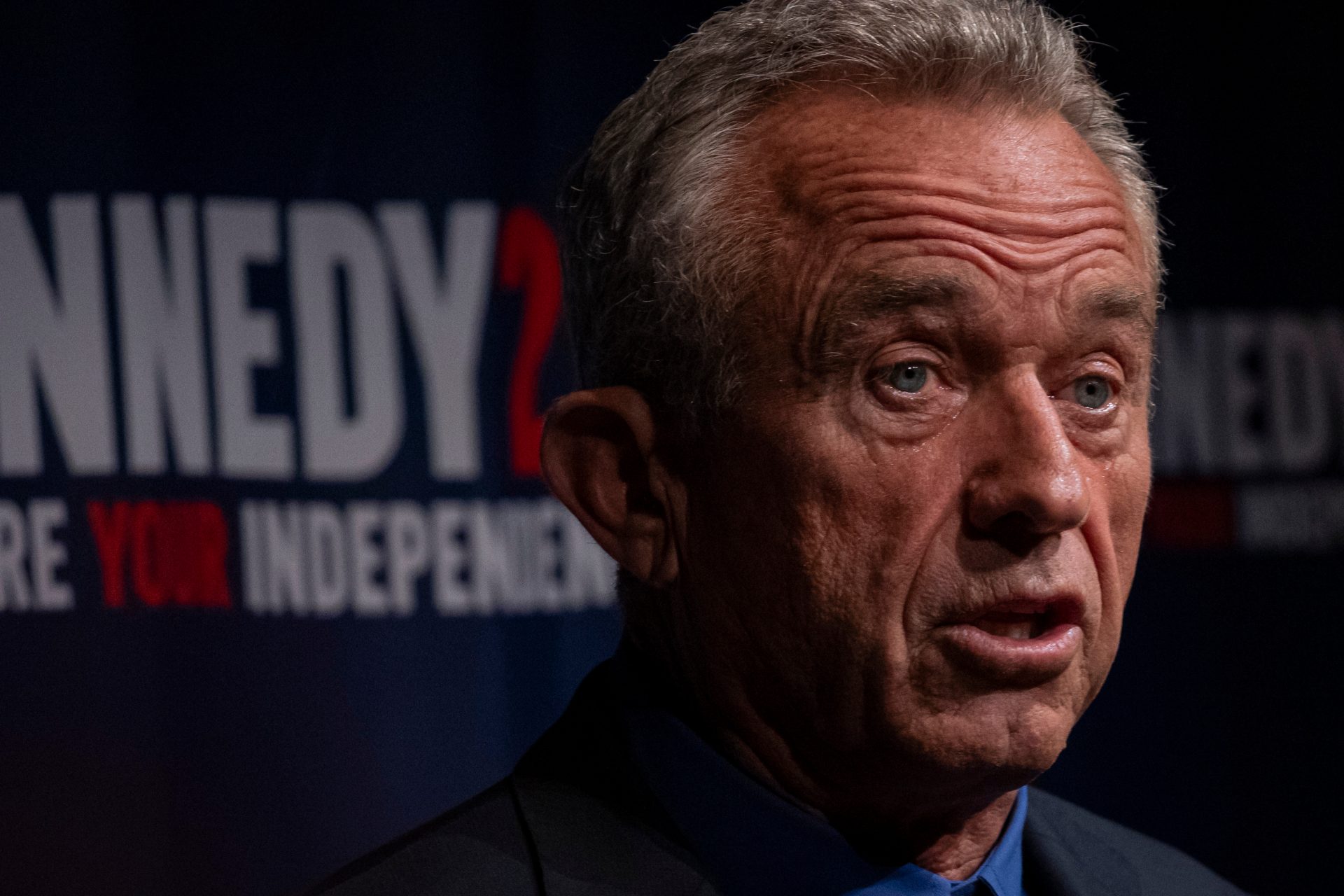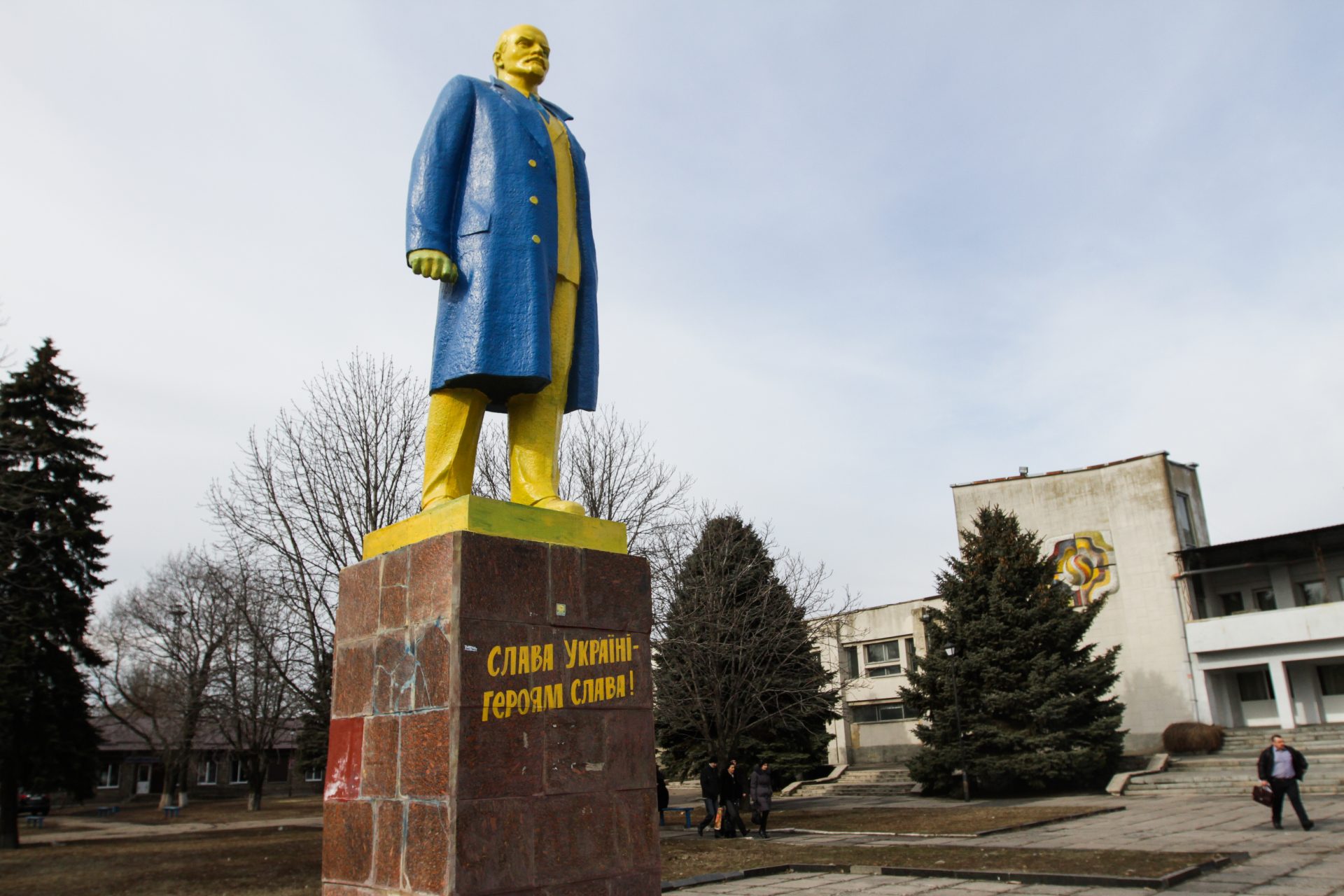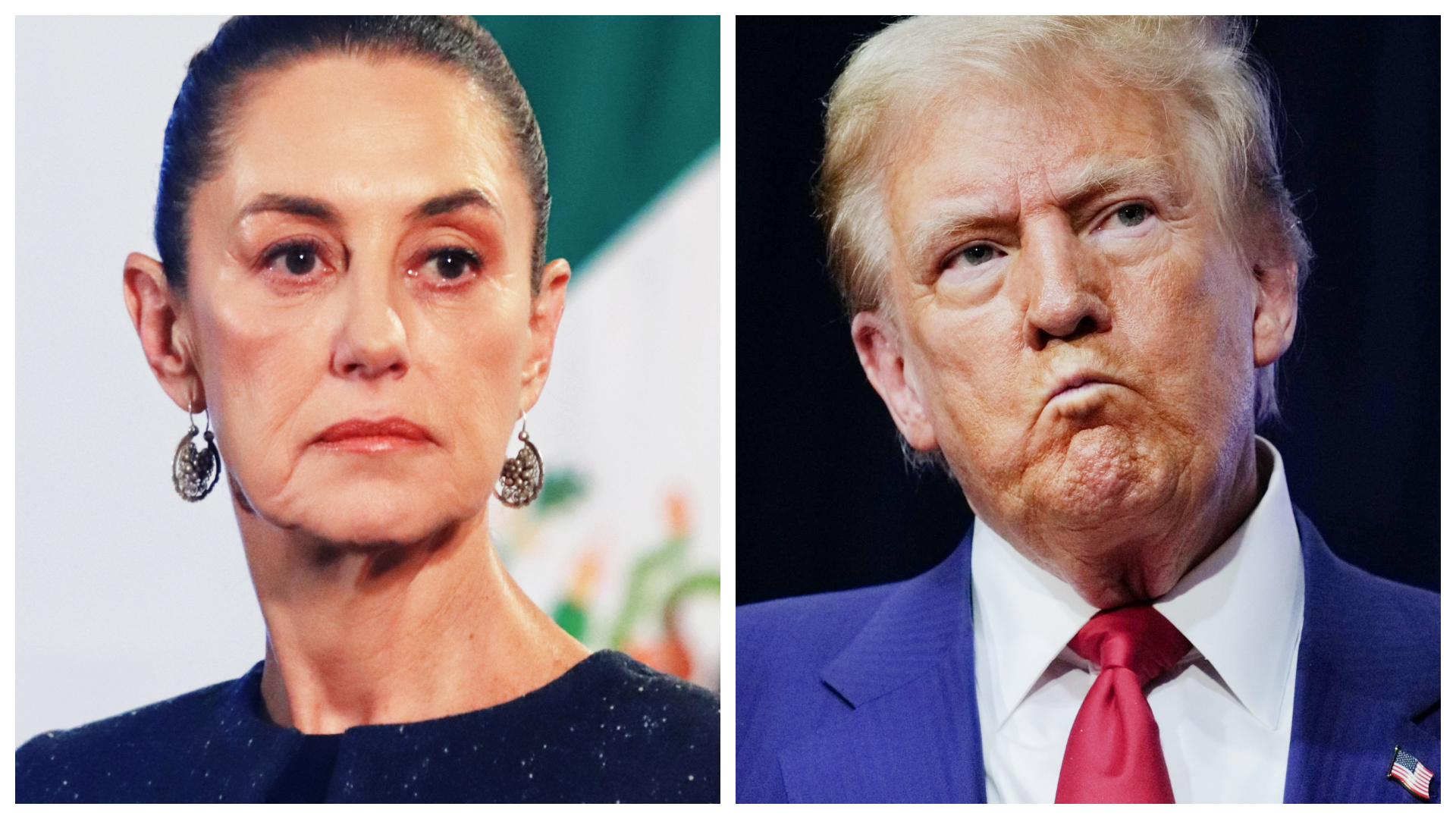Turkey’s condition to let Sweden and Finland join NATO: Extradite ‘terrorists’
Sweden and Finland applied to join the West's defensive alliance after Russia launched its war in Ukraine. Turkey was the only one of NATO's 30 member states to block their bids until the two Nordic states agreed to a set of demands.
A key condition for Turkey to accept, is the handover of more than 70 people described by its president, Recep Tayyip Erdogan, as terrorists.
Turkey is particularly keen on the handover of individuals it considers linked to the Kurdistan Workers Party (PKK), considered a terrorist group by the EU, US and UK. Nevertheless, Erdogan is also after journalists or teachers who were against his regime.
Insulting President Erdogan remains a common charge today, with 17 journalists and cartoonists put on trial in the first three months of 2022, according to independent Turkish organisation Bianet.
For years, he was editor-in-chief of Today's Zaman, a major English-language daily in Turkey, before it was shut down in 2016. Now, he lives in exile in Stockholm (Sweden).
Image: Jana Shnipelson/Unsplash
Turkish authorities accuse him of being part of the Gulen movement, or what they call the Fethullah Terrorist Organisation (Feto). It is known for its network of schools and is not considered a terror group in the EU, UK or US.
Kenes told the BBC he became a target for his outspoken criticism of President Erdogan and faced accusations of plotting to topple the government: "All the allegations are fabricated. I am an independent journalist with no affiliations with any organisation."
Image: Kate Bezzubets/Unsplash
The journalist was given a suspended jail term in 2015 for "insulting the president", in a tweet that said Erdogan's late mother would be ashamed of him.
Image: Claudio Schwarz/Unsplash
Kenes told the BBC he’s not particularly afraid of being extradited, as that would be a "betrayal of Sweden's values" of democracy and protecting dissidents. "This is not a test for the Erdogan regime, this is a test for the Swedish authorities," he said.
Another so-called terrorist on Turkey's list is Fatih, a Finnish Kurd that was part of a group of five young men who set fire to the door of the Turkish embassy in 2008. Now a 37-year-old business owner and entrepreneur, he told the BBC he regretted what he did.
He was surprised to find his name on the list as he finished serving a 14-month suspended sentence long ago and paid damages to the embassy. Finnish authorities granted him citizenship a few years ago and considered the embassy case closed, he said.
Turkey accuses him of being a member of the militant PKK, but Fatih said he had no ties or ideological connections to the PKK, and believed he was targeted purely because of his Kurdish background.
Kurds make up 15-20% of Turkey's population but have faced persecution in Turkey for generations. The government in Ankara is trying to ban the pro-Kurdish HDP party, the third biggest in parliament.
Image: Levi Meir Clancy/Unsplash
While Fatih doesn’t believe he would be extradited as a Finnish citizen, he fears harassment in the local Turkish community or possible arrest abroad at Turkey's request.
Aysen Furhoff came to Sweden after serving five years of a life sentence in Turkey for trying to "subvert the constitutional order" when she was 17 and a member of the Turkish Communist Party. She told the BBC she was offered protection in Sweden after being tortured in jail.
Now 45, she lives in Stockholm with her husband and daughter and works as a teacher, and insists she is no longer involved in Turkish politics. "I left Turkey 20 years ago. If I get sent there, they will have no use for me. That's why being on the list was surprising. Who am I to them?"
Image: Jason Goodman/Unsplash
Furhoff says she is also being prosecuted in Turkey for being a PKK member. She admits collaborating with them for three months some 25 years ago.
While she no longer sympathises with the PKK, she denies they are a terrorist group and believes they should be part of discussions for a negotiated peace in Turkey. She’s not worried about extradition but finds it hard to believe she could be an important case for Ankara.
While the leaders of the two Nordic nations say they are taking the issue seriously, according to the BBC, it is an independent court that has the final say on extradition, not politicians.
Image: Tingey Injury Law Firm/Unsplash
People who are Finnish or Swedish citizens can’t be extradited. Foreign nationals can, but only if in line with the European Convention on Extradition.
Extradition is not allowed for political crimes or to countries where people risk persecution. Also, alleged offences must be seen as a crime in Sweden or Finland, not just in Turkey.
According to Swedish newspaper Dagens Nyheter, of the 33 Swedish names listed in Turkish media, 19 have already been rejected for extradition by Stockholm's Supreme Court.
Image: Lilzidesigns/Unsplash
Finland has extradited two people to Turkey out of more than a dozen requests. The justice ministry says no new requests have been received and it has promised the Kurdish community there will be no change to the law.
If Turkey's demands are rejected, it could withdraw its support for the Nordic nations' accession to NATO, says Murat Yesiltas of pro-government think tank Seta, as parliaments in all 30 NATO countries need to approve them as members.
More for you
Top Stories





































